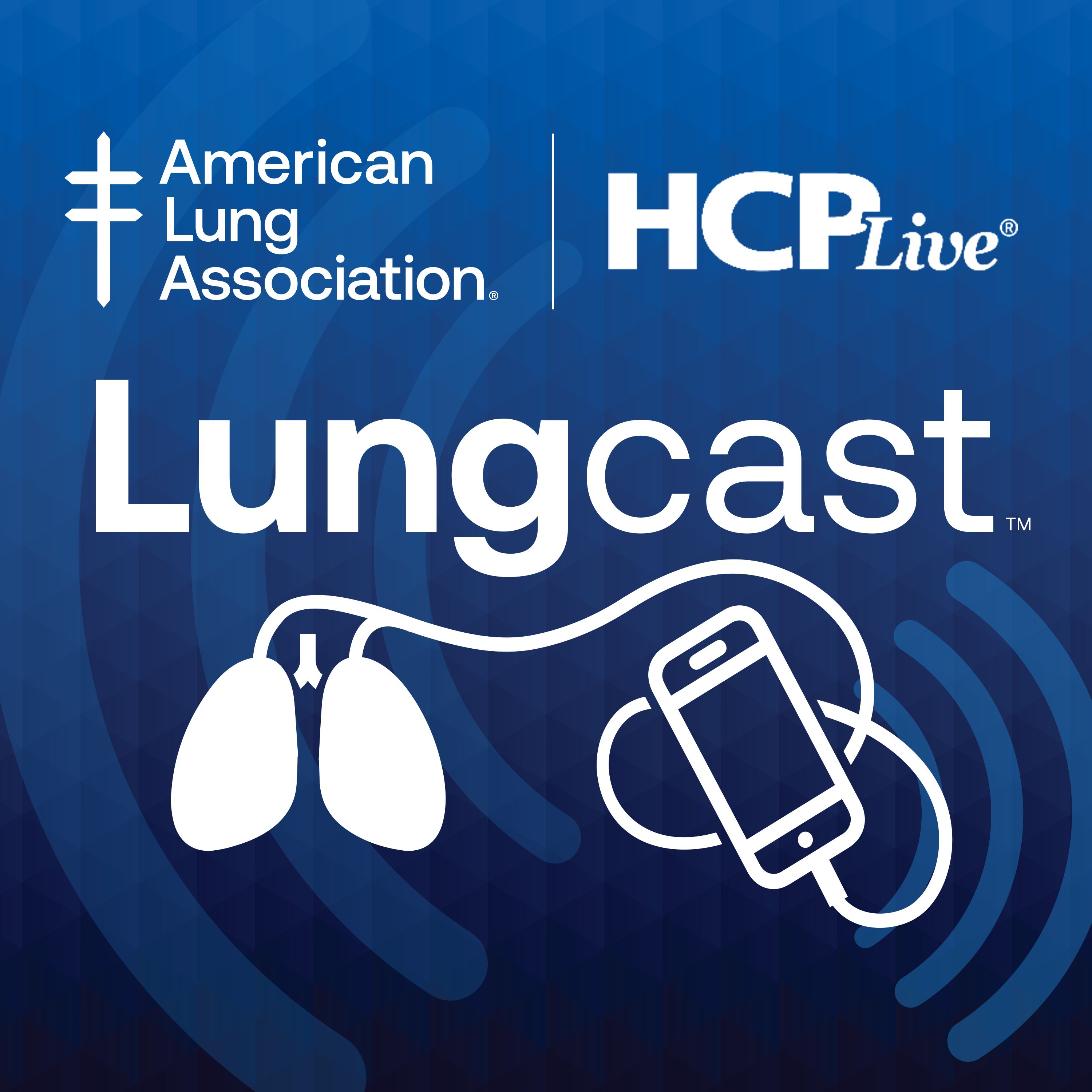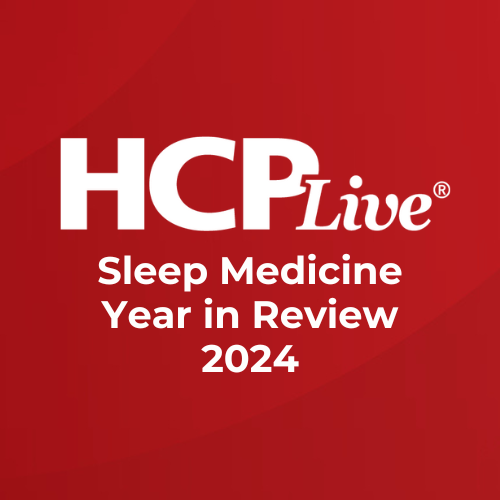Article
Karl Doghramji, MD: Diagnostic Protocol for Sleep Conditions
Author(s):
What criteria should physicians follow to properly diagnose insomnia and its many comorbid conditions in older patients?
Insomnia often plays a role in systematic conditions affecting a patient—whether it’s driving issues, or is being brought on by a bigger condition. As such, patients require a systematic diagnosis.
In an interview with MD Magazine®, Karl Doghramji, MD, a professor at Thomas Jefferson University, detailed the process behind sleep condition screening, diagnosis, and follow-up.
Doghramji will also be moderating a discussion on sleep disorders at the 1st annual International Congress on the Future of Neurology. The Congress, to be held on September 27-28, 2019 in New York City, will feature a rigorous agenda of presentations, question and answer sessions, and lightning rounds highlighting topics across the breadth of neurology.
Included in the agenda is Doghramji’s session, titled “Beyond Counting Sheep: Effective Therapies for Sleep Disorders. Attendees can learn firsthand from experts in the field, as they discuss new insomnia therapeutic approaches, optimal narcolepsy management, and therapeutic abuse risks.
For more information on the Congress and to register, click here. Receive 25% off registration fees with code Neuro19SI.
MD Mag: What is the appropriate diagnostic method for sleep conditions and their comorbidities?
Doghramji: Since insomnia in the elderly is often related to multiple underlying conditions, it's important in the work up to be able to systemically ask about those conditions, and to elicit the hallmark symptoms of those conditions. For example: heartburn, in the case of gastroesophageal reflux, or significant weight loss in anhedonia, in the case of major depression. Or breathing pauses and snoring, in the case of sleep apnea.
So a systematic evaluation is critical before we delve into symptomatic treatments. In addition, going even backwards, it's even critical simply to ask an older person about sleep. We find that most practitioners ignore sleep in their new patient workups—and even in the follow-up sessions that they have with patients.
So asking, ‘How is your sleep?’ can be so important in identifying sleeplessness as a problem and treating it, because of the fact that sleeplessness is so often associated with impairments which could be possibly averted if insomnia is properly diagnosed and treated. So asking about sleep, systematically asking about the disorders that may be causing insomnia, and thirdly, looking at the nature of the sleep problem itself—for example, is it a problem with falling asleep or is it a problem staying asleep, or both?
The reason we ask for that is, number one, many of the pharmacological agents that we use either help sleep latency, or sleep maintenance, or both. So asking about the nature of the sleep complaints over the course of the night can help us identify the pharmacologic agent more accurately, but number two, the nature of the sleep complaint over the course of the night.
It also helps us understand the diagnosis related to insomnia. So insomnia characterized by early morning awakening and falling asleep early in the night could be related, for example, to an advanced sleep phase syndrome—a circadian rhythm disturbance, which could be treated with a bright light therapy and circadian adjustment.
On the other hand, insomnia characterized by waking up a lot during the course of the night is maybe later related to major depression or nocturia. So those are some of the things we need to do to understand insomnia, the nature of insomnia, and the some of the underlying comorbidities in the older person.





